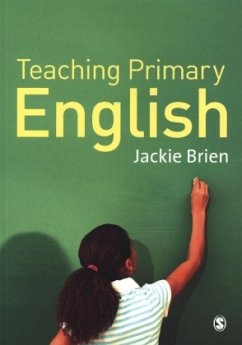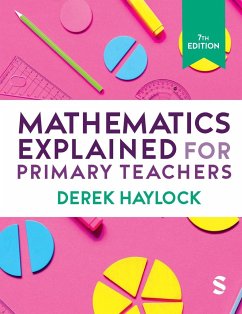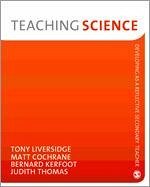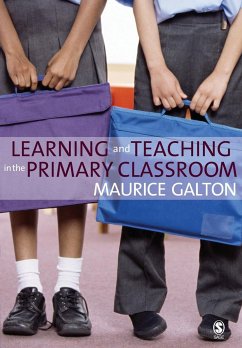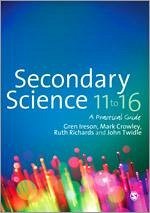Nicht lieferbar

Teaching, Learning and Assessing Science 5 - 12
`Professor Harlen has, once again, provided the leading text on primary science. This eminently readable book sets out a clear account of our understanding of learning, teaching and assessment and, through the skilful use of examples, explores the implications of this for science teachers of pupils aged five to 12. By emphasizing the importance of research evidence and the way in which it should underpin practice, this new edition challenges everyone involved in science education to reflect again on whether we are providing the most appropriate learning opportunities for our pupils. It is cert...
`Professor Harlen has, once again, provided the leading text on primary science. This eminently readable book sets out a clear account of our understanding of learning, teaching and assessment and, through the skilful use of examples, explores the implications of this for science teachers of pupils aged five to 12. By emphasizing the importance of research evidence and the way in which it should underpin practice, this new edition challenges everyone involved in science education to reflect again on whether we are providing the most appropriate learning opportunities for our pupils. It is certainly a book which will be highly recommended, referred to on many occasions and used extensively' - Dr Derek Bell, Chief Executive, The Association for Science Education This thoroughly revised and completely up-to-date new edition provides an excellent theoretical framework for teaching science that is firmly grounded in classroom practice and covers all stages of education for students aged five to 12 years. The author details a constructivist view of learning, which recognizes that children already have ideas about the world in which they live, and gives advice on how teachers can help children to develop their understanding and change their perception to a more scientific view. A particular feature is the focus on formative assessment as a framework for discussion on how to help students develop their understanding, enquiry skills and positive attitudes to scientific investigation. The wide range of topics covered include: The nature of students' learning in science The goals of science education Gathering and interpreting information about students' 's ideas Helping development of scientific ideas Gathering and interpreting evidence of students' enquiry skills and attitudes Strategies for helping development of students' qnquiry skills and attitudes The learner's role in learning Summarising and reporting learning Motivating learning Teachers and children's questions Resources for learning science Managing science in the school Each chapter features useful summaries, points for reflection and further reading, making this acclaimed book indispensable reading for all primary and practitioners and students who want a book that will authoritatively inform, inspire and instruct their science teaching.





